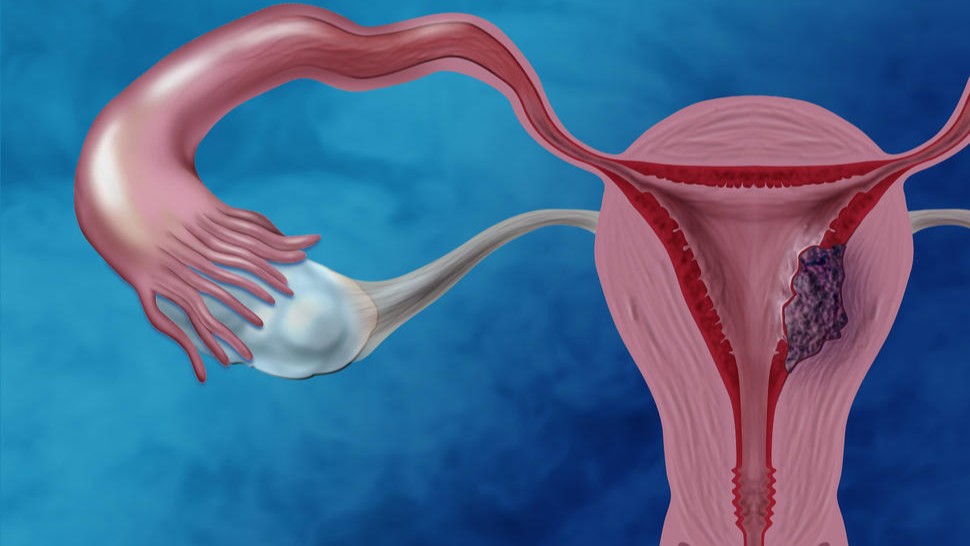A paper by Merve Kaya et al. was published in the International Journal of Gynecological Cancer, titled:
Authors: Merve Kaya, Matthieu Schaddelee, Carien Creutzberg, Judith Kroep, Nanda Horeweg.

This systematic review and meta-analysis investigated the efficacy of PD-L1 inhibitors, alone or with chemotherapy, across endometrial cancer molecular classes: MMRd, p53abn, NSMP, and POLEmut.
The analysis included 7 reports on 5 clinical trials, with a focus on overall survival (OS) and progression-free survival (PFS). In patients with MMRd endometrial cancer (n = 215), adding a PD-L1 inhibitor to platinum-based chemotherapy significantly improved OS (HR 0.36, 95% CI 0.21 to 0.62) and PFS (HR 0.35, 95% CI 0.23 to 0.53).
For p53abn endometrial cancer, a significant PFS benefit was observed (HR 0.71, 95% CI 0.53 to 0.94; n = 326), but no significant OS benefit (HR 0.80, 95% CI 0.34 to 1.84; n = 135).
Conversely, in NSMP endometrial cancer, no significant benefits were seen for OS (HR 0.97, 95% CI 0.39 to 2.43; n = 242) or PFS (HR 0.80, 95% CI 0.44 to 1.44; n = 373). Data for POLEmut endometrial cancer were insufficient for meta-analysis (n = 12), but available data suggested a favorable prognosis regardless of treatment.
The study concludes that PD-L1 inhibition significantly benefits advanced or recurrent MMRd endometrial cancer.
While p53abn endometrial cancer may see potential benefit, NSMP endometrial cancer did not demonstrate significant benefits from this treatment. The molecular classification of endometrial cancer is critical for tailoring personalized PD-L1 inhibition strategies.
Read the post “Endometrioid Adenocarcinoma: What patients should know about” on oncodaily.com.


